Many organizations implement ERP (Enterprise Resource Planning) software and CRM (Customer Relationship Management) software separately. But with separate systems for ERP and CRM, you constantly worry about the quality and completeness of data on which employees base their decisions.
A 360-degree view of your customers
Whether it's the account manager closing a sales deal, the administration department sending an invoice or the mechanic performing a repair; every customer interaction is important information for your business. For a complete understanding of your customer, you want to capture all interactions in the same system. That allows you to provide the best service and make the right decisions based on complete information. A service technician may hear something during his visit that is of interest to the sales department, in which case it is nice to work in the same system. And for a salesperson, information about the customer's payment behavior and creditworthiness may be important in closing a deal. Integrated ERP and CRM give a 360-degree view of your customers, so all your employees always have a complete picture of the customer.
"Customers only have to tell their story once and they know that every employee of yours they speak to is up to date on all the developments on their side."
Better experience for customers
Better information within your organization by integrating ERP and CRM helps to improve the customer experience. Customers only have to tell their story once and they know that every employee of yours they speak to is aware of all the developments on their end. The account manager comes to visit and he or she already knows that problems were identified during a maintenance call earlier that day. Or: after asking a question of the service technician, a little later the inside sales rep calls to answer it. Customers feel more valued, experience a personal touch and are helped faster.
Time savings and lower costs
Looking at costs and efficiency, integrated ERP and CRM offers numerous advantages. No more double data entry or consulting two different systems. Fully informed conversations with customers and a proactive and personal approach. Being able to act faster in case of problems and complaints, but also when commercial opportunities arise. And lower IT and overhead costs by working with just one system. That means less time spent training and supporting employees, lower maintenance costs and easier upgrading to new product versions.
A major challenge is that the requirements for ERP within the organization differ greatly from the requirements for CRM. In some cases, the requirements may even conflict, e.g., the desired structure in ERP versus the freedom and flexibility in CRM. Nevertheless, in view of the above advantages, it is advisable to explore the possibilities of an integrated environment.
Philip van Kemenade is marketing manager at Dysel and has daily contact with end users of software.
